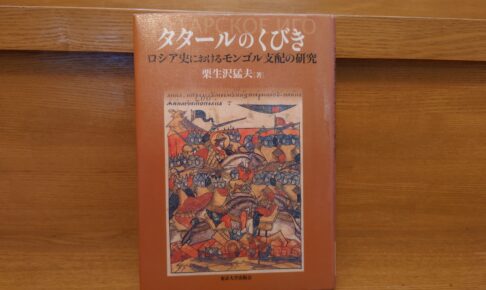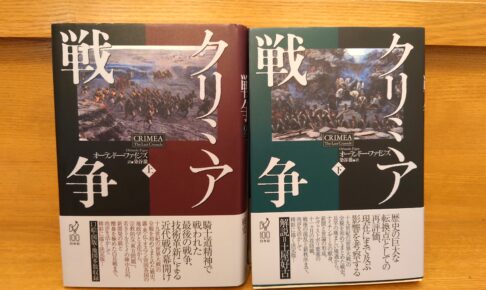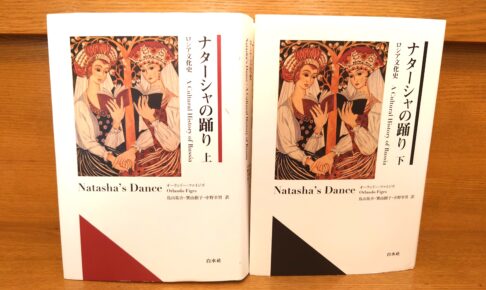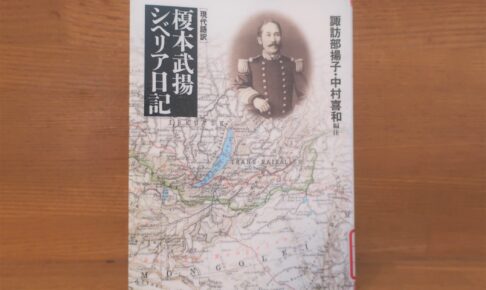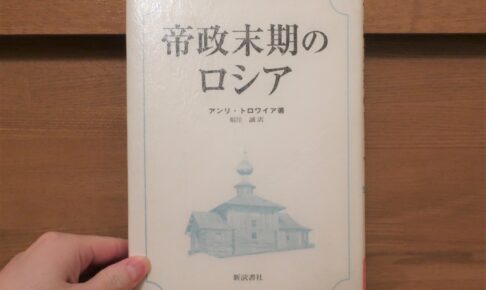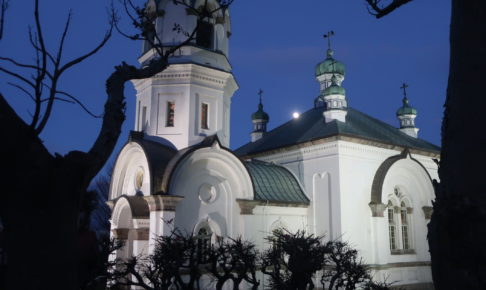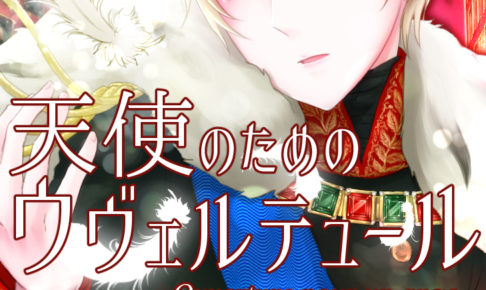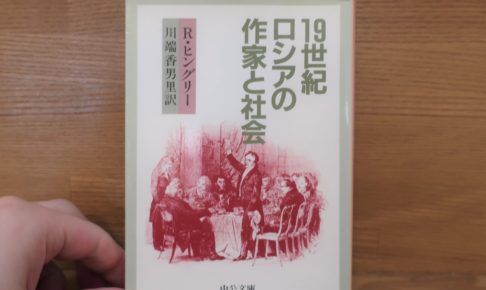Takeo Kuriyuzawa, "Tatar Kubiki: A Study of Mongol Domination in Russian History" - Recommended reference book for understanding the connections between Russia and Asia!
How have the Russians perceived Tatar rule?" This leads me to the question of the present.
Reading this book made me think about "how history is spun. I really felt that history is "made by those who are alive today. History is not about the past, but about the present. It is a matter of "historical perspective.











